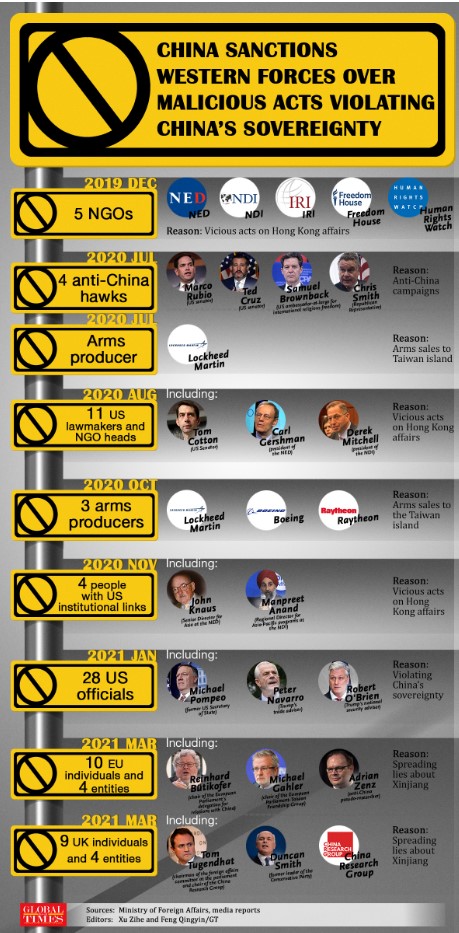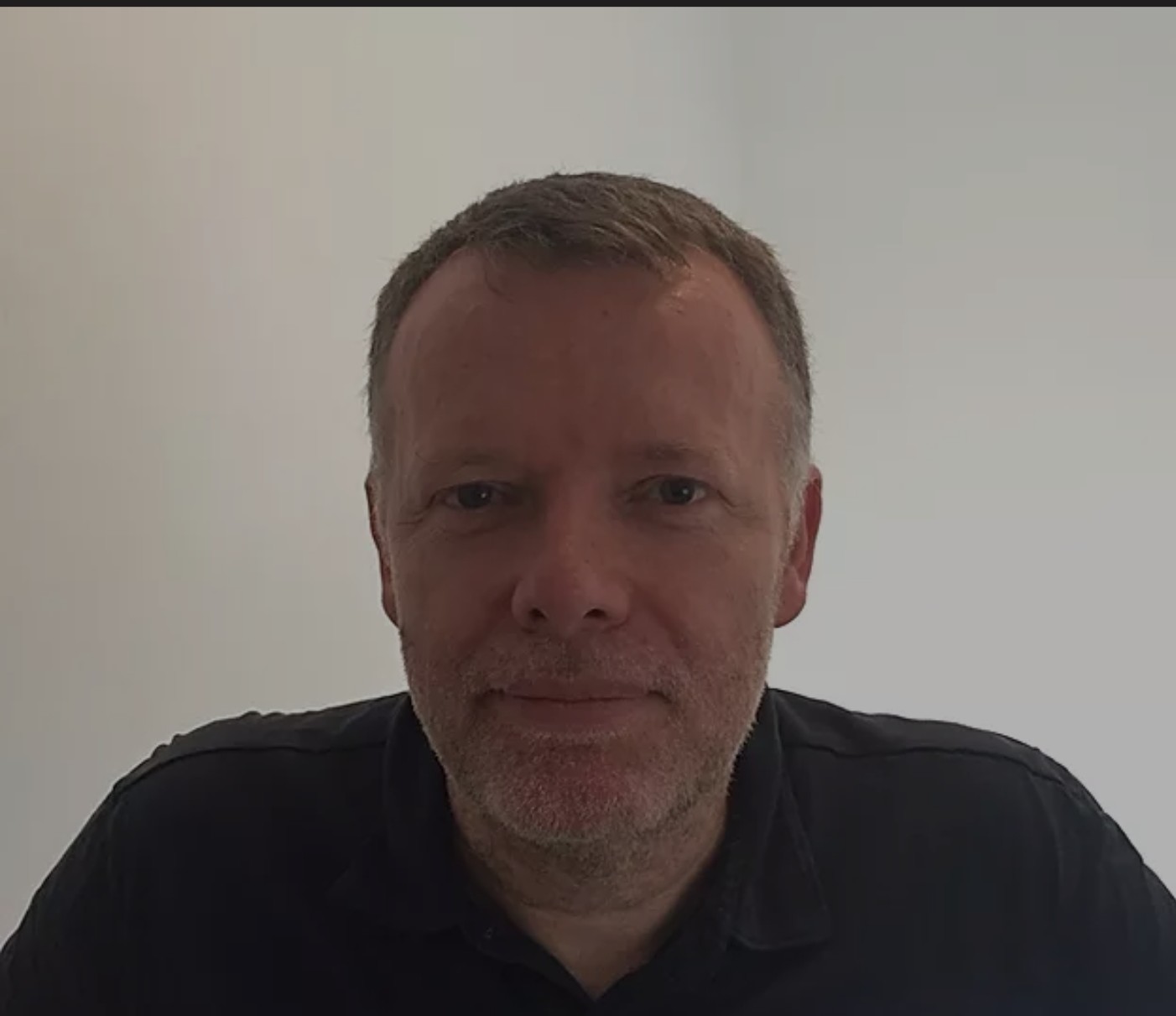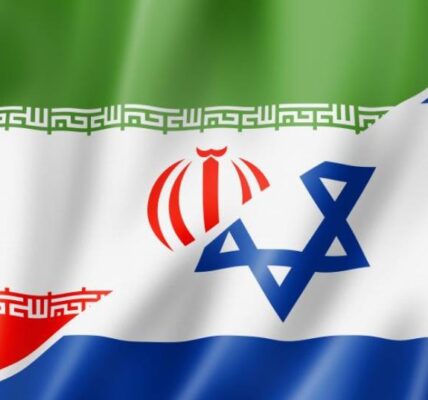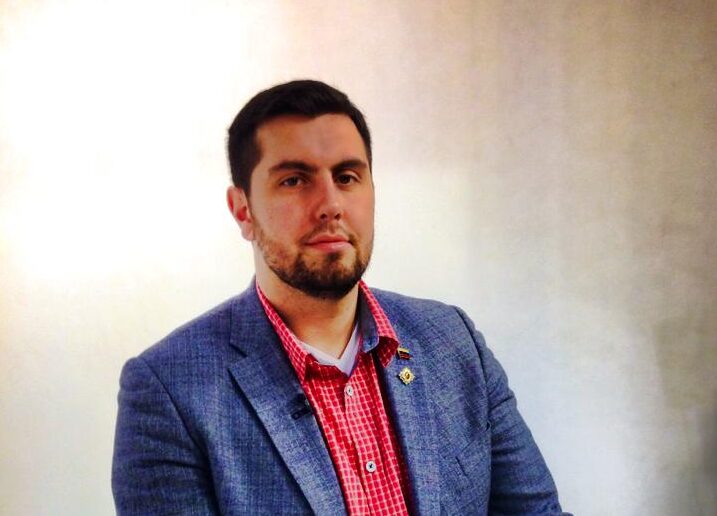China is being roundly mocked over its decision to sanction the children of lawmakers who have spoken out over its aggression towards Taiwan and human rights abuses in Xinjiang.
Five British politicians and their families were hit with Chinese sanctions last year, which bars them from visiting Hong Kong, Macau, and the mainland.
Dozens of European parliament MEPs have since been added to the Chinese sanctions list, along with US senators and members of the Taiwanese legislature.
The joke doing the rounds at the Inter-Parliamentary Alliance on China (IPAC) summit at the senate in Washington DC last week was that if you hadn’t been sanctioned you couldn’t get in – such is the frequency with which the sanctions are being meted out by China and also Russia.
David Alton, Lord Alton of Liverpool, an independent crossbencher, and one of the founders of IPAC, along with Sir Iain Duncan Smith and Baroness Helena Kennedy, told National Security News that all four of his children have been subjected to Chinese sanctions, which includes banning them from any involvement in China-related businesses, or property under its territories.
“We have been told that we can be red listed and extradited. Of course, we are banned from visiting Hong Kong, Macau, the mainland, and also places where China is exerting particular kinds of influence,” he said. “Our families are also sanctioned as well, which they know is a shocking thing to do. Your children should not be held to account for your speaking out over what is happening in Xinjiang or in Hong Kong.”
His children have, however, seen the humour of the situation, according to Alton.
“My wonderful children have got a WhatsApp group entitled ‘badge of honour’ as a consequence,” he laughed, adding: “If this was an attempt to silence Iain and myself then they obviously don’t know much about him or me. Or Helena Kennedy. It has had exactly the opposite effect and is counterproductive.
“And of course, one of the things that we take very seriously, and it has emerged in these arguments about the invitation to the Chinese to see the Queen lying in state at the Palace of Westminster, is that Westminster stands for free speech. It is the mother of parliaments. If we don’t uphold democratic values, if we capitulate to either attempts to blackmail us, or intimidate us, then I think we would be playing right into their hands.”
Olek Merezhko, chair of the Ukraine Foreign Affairs Committee, and now co-chairing IPAC, said China’s sanctions list was for comedic effect only surpassed by the Russian ones.
He said: “I am sanctioned by Russia at the moment, but I am also ready to be sanctioned by China. I am not afraid of it.
“I know that I definitely I cannot do business with Russia. I cannot have property or assets in Russian banks, and as for going to Russia I cannot enter Russian territory. Why I would want to enter Russian territory seems not to have been considered.”
He added: “I never had, and I don’t have any plans to have business in China – so it will be a little ridiculous to find myself on it. But that is the same for most people, which is why it’s so ineffective.
“One of my British colleagues, Tom Tugendhat, is also on the sanctions from both China and Russia. It’s normal. Nowadays it’s normal.
“We Ukrainians are stubborn people and the more pressure is put on the more counter action follows.”

Taiwan MP Claire Wang, who was also at the IPAC summit in DC, said most of her party had been put on the Chinese sanctions list for speaking out about human rights. The only inconvenience was when it came to changing planes, but the huge positive they took from this was that they had China worried.
“We are also on the sanctions list, especially if you are in a party focused on human rights. You cannot visit China or Hong Kong. Right now we cannot even transfer in Hong Kong Airport. We used to be able to transfer via Hong Kong to go the U.S. or Europe, so right now we have to look at other ways,” she said.
“But that may not be a bad thing, because it means that China thinks we are getting stronger, so is taking action to prevent Taiwanese. So that means Taiwan should be stronger and we will be stronger.”
Perhaps the most amusing response to being targeted by China comes from Sir Iain Duncan Smith: “I was sanctioned ages ago,” he said. “They really don’t like me. I keep being attacked by the UK embassy for, what was it, an untruth teller or something like that. They are always hacking my pager and things like that. I always welcome them in the morning by speaking into my telephone and saying ‘Good morning to you. I haven’t got anything interesting for you today. Take a day off.’”










































































































































































































































































